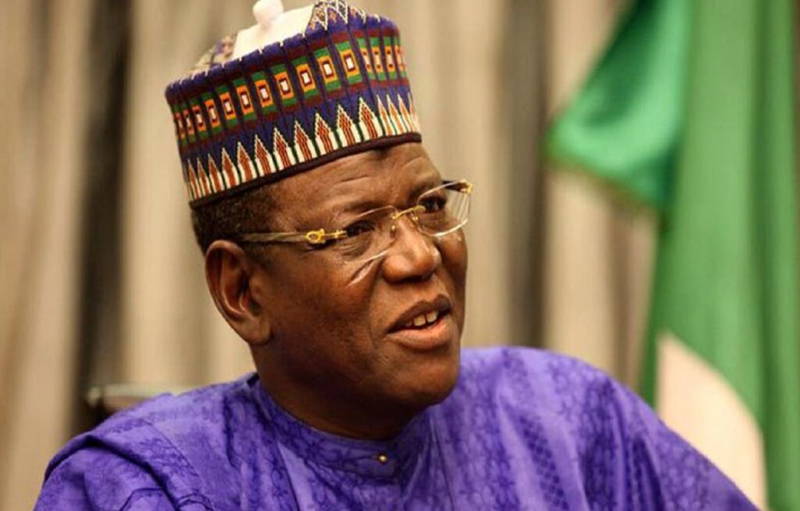
Former Jigawa State Governor Sule Lamido has revealed how the late Chief Bola Ige challenged northern members of the original nine-person group (G9) that laid the foundation for the Peoples Democratic Party (PDP) to prove their sincerity in opposing General Sani Abacha’s military regime. Lamido shared this account in his recently launched autobiography, Being True To Myself, unveiled on May 13.
Lamido recounted that the G9—comprising prominent politicians including ex-Vice President Alex Ekwueme, Bola Ige, Senator Francis Ellah, ex-Central Bank Governor Adamu Ciroma, ex-Plateau State Governor Solomon Lar, Prof. Jerry Gana, ex-Kano State Governor Abubakar Rimi, ex-Senate President Iyiochia Ayu, and himself—met in Lagos to strategize after Abacha denied their political parties’ registration.
During the meeting, Bola Ige interrupted a discussion to express his distrust of the northern members. He told Lamido and others, “The North has an agenda… I don’t trust you. You are trying to use us to create a kind of moral force, a national momentum, but you have a private agenda behind it. Otherwise, if you want me to believe you, go back to the North and create a fresh group to challenge Abacha’s military government. Only if you do that will I believe you.”
Lamido admitted that Ige’s challenge was justified, noting that Abacha was widely perceived as a symbol of the North, and many believed northern politicians were complicit in his regime. To prove their genuine opposition, the northern members returned home to form their own pressure group.
Lamido described how they convened a meeting with northern activists, including Dr. Usman Bugaje and retired Colonel Dangiwa Umar, though some prominent figures like ex-Kaduna Governor Balarabe Musa and Chief Sunday Awoniyi declined to join. Eventually, eighteen northern members gathered at Adamu Ciroma’s residence and drafted a petition to General Abacha rejecting his political transition programme.
This northern group became known as the G18, formed in direct response to Bola Ige’s challenge and to demonstrate that the G9 was a truly national movement. The G18’s efforts paved the way for the larger G34 coalition, which united Nigerians from all regions to oppose Abacha’s bid for self-succession and helped reshape Nigeria’s political landscape.






